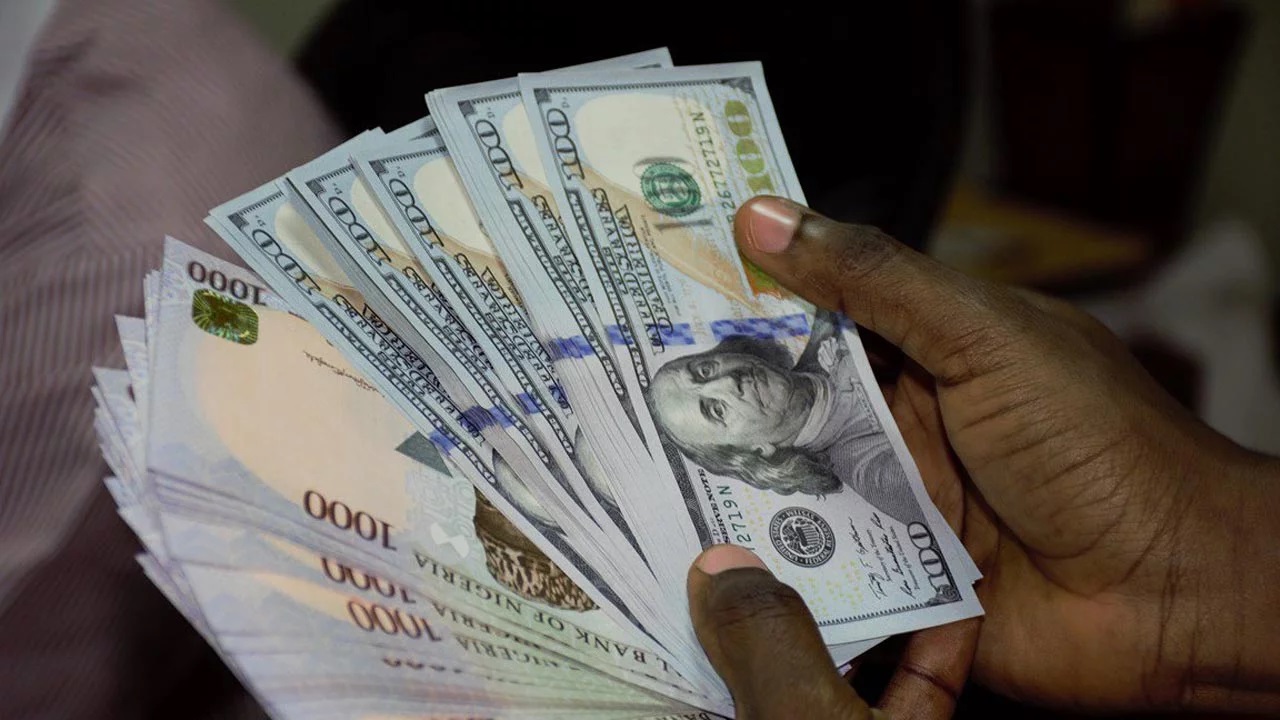The naira has fallen sharply to N631 per dollar at the official market, following the decision of the Central Bank of Nigeria (CBN) to unify the exchange rate in line with the directive of President Bola Ahmed Tinubu.
The CBN had previously sold the dollar at N461.6 at the Importers and Exporters (I&E) window, creating a wide gap with the parallel market where the dollar traded as high as N750.
The move to unify the exchange rate came two days after Tinubu, who was sworn in as Nigeria’s 16th president on Monday, announced his intention to reform the monetary policy and stimulate the economy.
In his inaugural speech, Tinubu said: “The Central Bank must work towards a unified exchange rate. This will direct funds away from arbitrage into meaningful investment in the plant, equipment and jobs that power the real economy.”
Tinubu, who is a former governor of Lagos state and a leader of the ruling party, met with the CBN Governor, Godwin Emefiele, and other key officials on Tuesday at the presidential villa. Although no official statement was issued after the meeting, it was gathered that the issue of the exchange rate was discussed.
The President also met with the Group Chief Executive Officer of the Nigerian National Petroleum Company Limited, Mele Kyari. The removal of petrol subsidy was discussed, it was gathered.
According to sources, the CBN sold the spot rate to banks on behalf of their customers at N631 to a dollar on Wednesday and most bidders got the full amount they requested.
The devaluation also affected the parallel market where the dollar dropped from N750 to N745 by evening in Abuja and Kano respectively.
The naira had weakened in the parallel market to its lowest level in a year on expectations of a possible change in exchange rate management after Tinubu took office.
The market arbitrage (difference between the official and parallel markets) had widened in the past three years from N100 per dollar or about 30 per cent in 2020 to over N400 per dollar (above 100 per cent) sometime last year when the black market rate spiked to N880/$.
Development institutions, including the International Monetary Fund (IMF), are wary of exchange rate differential in excess of five per cent and warn that such could trigger unhealthy manipulation that could negatively affect other efforts on market stabilisation.
From 2020 to 2022, the CBN spent about $42 billion intervening in the foreign exchange market to stabilise the naira. The amount was sold to the end-users, including students and tourists, at the official rates, which are way off the effective exchange rate of the naira.
According to the Financial Stability Report, a publication of the CBN, the apex bank sold $9.2 billion in the market in the first half of last year.
The full data for the second half are not available, but the annualised value is assumed to have surpassed that, especially with the level of social and economic activities associated with the second half.
